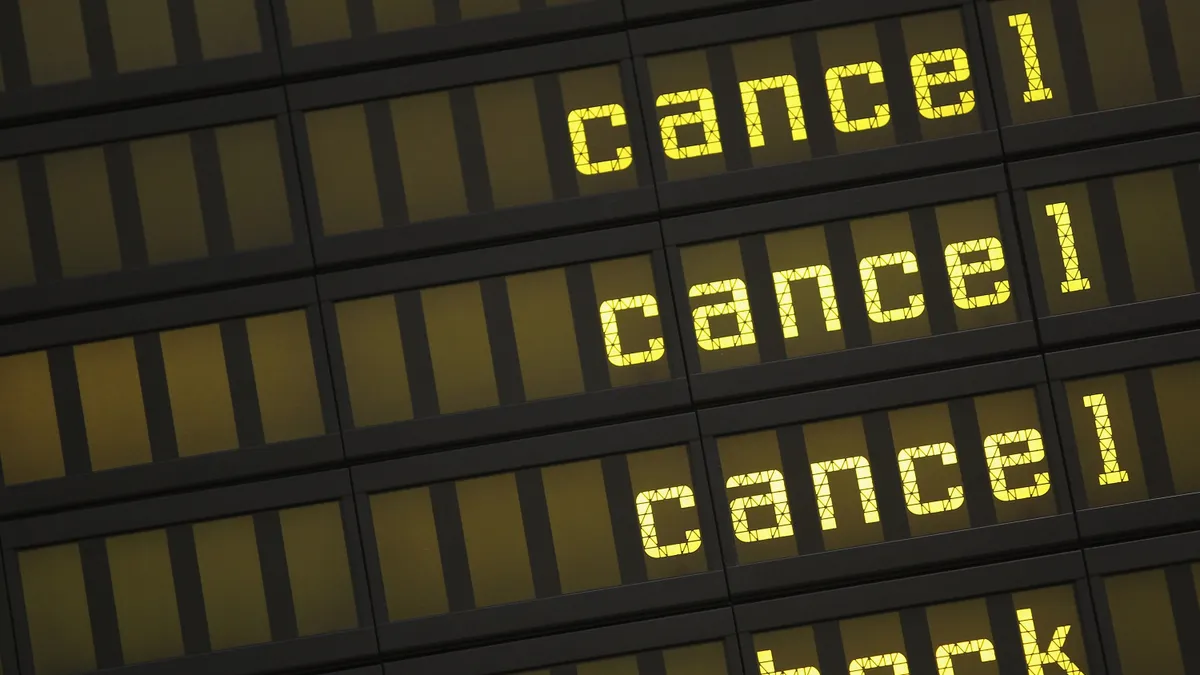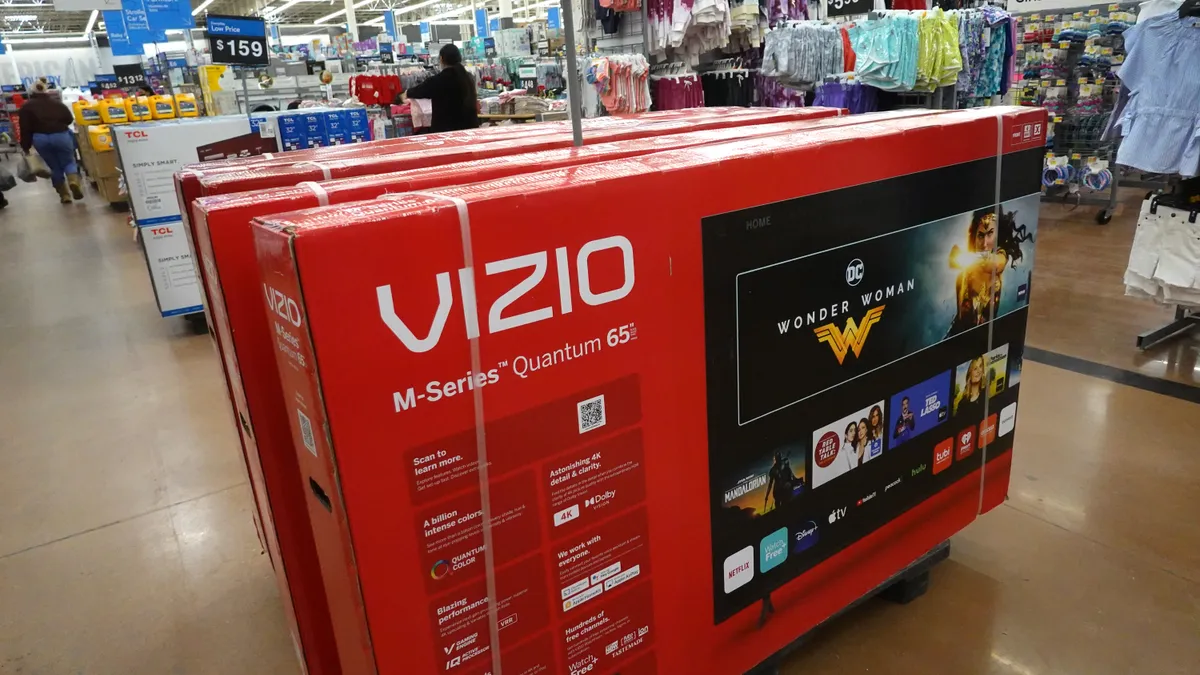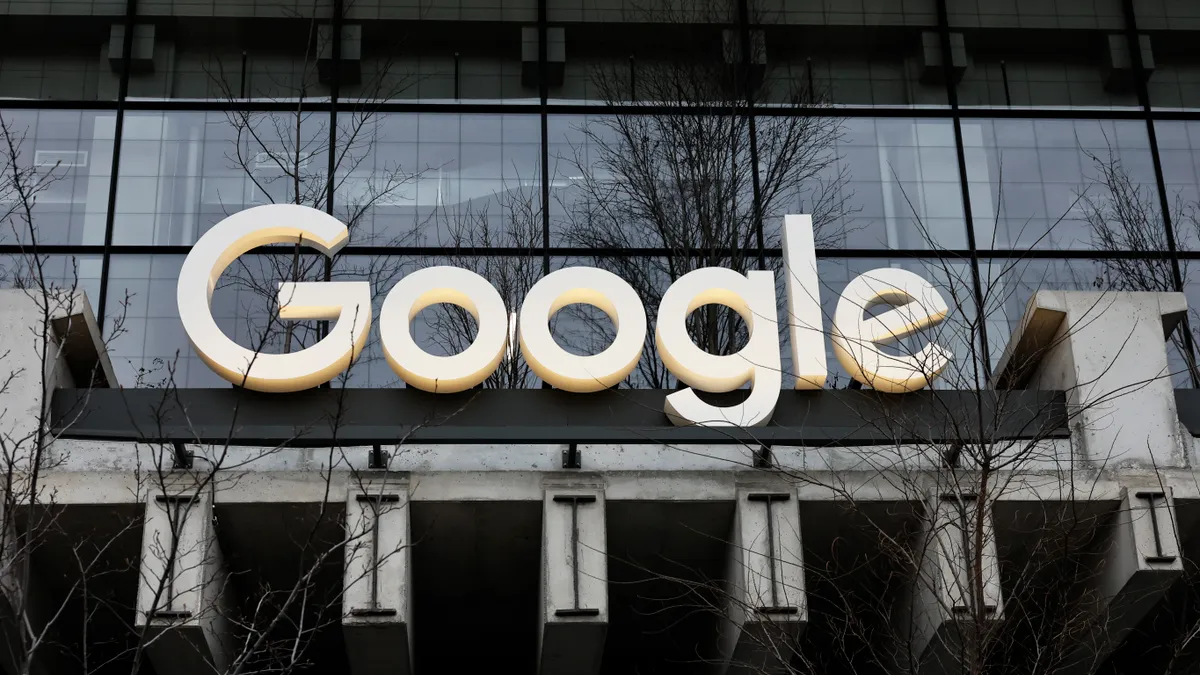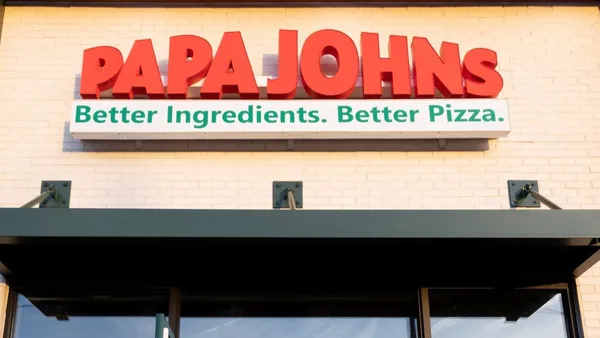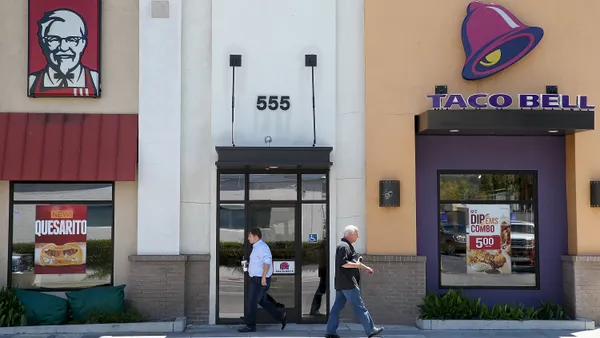Dive Brief:
- While about half of U.S. online adults say they'll boycott a brand due to unethical business practices or if it mistreats employees, 25% say their loyalty to a brand may prevent them from actually doing so, according to a new report Forrester shared with Marketing Dive.
- Among U.S. business-to-consumer marketing executives, 57% believe that threats of being canceled have no material impact on company sales and nearly 6 in 10 feel the same about the impact to their company's brand, per Forrester's September 2021 Consumer Energy Index And Retail Pulse Survey cited in the new report.
- An important takeaway from the report, "Cancel Culture Is Loud, But For Most Brands, It's Just Noise," is that although cancel culture has proliferated across society — aided by social media and divisive partisanship — its impact is nominal, affecting people more than companies.
Dive Insight:
Forrester takes a look at the hot topic of "canceling" a company or brand with a public campaign to hold it accountable for perceived bad behavior. While cancel culture's potential impact on brands may be overblown in some cases, most companies will still want to try to avoid giving consumers a reason to initiate a negative public campaign. The researcher suggests several ways brands can mitigate the risk of landing in hot water: Own up to mistakes, as 41% of U.S. online adults would go back to a brand after an apology; be indispensable because 32% say they won't boycott a brand that is embedded in their lives, and uphold company values as 22% say they will boycott a brand that doesn't share their values.
Several recent examples highlight how brands have failed to accurately assess the potential impact of cancel culture.
One high-profile cancellation took place early in 2021 when privately owned Goya faced calls for a national boycott of its products. It followed Goya Foods CEO Robert Unanue's vocal support for President Donald Trump following the 2020 presidential election. Unanue was censured by Goya's board for his comments and forbidden from giving press interviews without pre-approval. However, Forrester's research suggests that a CEO's comments aren't necessarily a problem for most consumers.
"While less than a majority (40%) of U.S. online adults indicated that they are likely to boycott a brand if the brand's CEO does or says something inappropriate/offensive/scandalous, 32% were neutral on the matter — signaling that they could flip depending on the nature of the issue," per the report.
Last summer, employees of Activision Blizzard, which makes Call of Duty and Candy Crush games, walked off the job, protesting what they called the company's "tone-deaf" response to a California lawsuit charging it with discrimination and harassment against women in the workplace. Activision workers around the world joined the protest, which led to the resignation of the company's president.
With employee activism around company practices on the rise, consumers are becoming more exposed to instances of employee mistreatment, something companies must pay attention to. Forrester found that 53% of U.S. online adults said they are likely to boycott a brand if that brand is found to have mistreated its employees.
There are ongoing boycotts of brands considered to be engaging in unethical business practices, including one against Air France for shipping monkeys to laboratories, against Amazon for avoiding taxes and against Caterpillar for selling bulldozers to Israel (as they can be used to destroy Palestinian homes), to name a few. These examples underscore increased consumer sensitivity to certain business activities, with Forrester finding that 55% of U.S. online adults say that they'll boycott a brand if it's found to have unethical business practices.
"Trust is at the heart of company ethics, and when that trust is breached, consumers respond," per the Forrester report.


